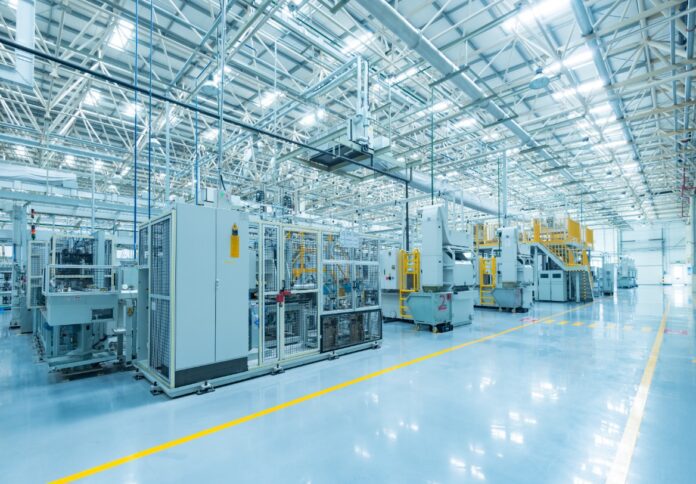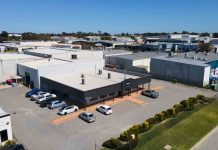
Sponsored Content by SAP
As digital transformation reshapes industries worldwide, manufacturers in Australia and beyond are finding themselves at the forefront of an evolution. This shift presents opportunities for companies looking to improve efficiency, drive innovation, and boost growth. However, while the potential benefits are substantial, many manufacturers are finding digital adoption more complex than anticipated.
According to a recent paper by The Futurum Group’s research director, Keith Kirkpatrick, in partnership with SAP, industrial manufacturers in the past often focused on specific technologies and certain areas instead of approaching digital transformation in a holistic fashion. This approach has led to inefficiencies and limited scalability that hinder organisations’ ability to adapt and evolve.
Kirkpatrick emphasised that now is the time for a “full-on mental shift” on how the industry gets things done — starting with identifying and addressing the challenges in industrial manufacturing’s digital transformation.
Key transformational trials
As industrial manufacturers navigate the digital transformation landscape, they encounter a series of complex challenges that require strategic foresight and adaptability. These challenges impact various facets of the manufacturing process and business operations. These include:
- Shifting customer demands: Modern consumers seek personalised solutions and flexible purchasing options, pushing manufacturers to innovate their business models and offer tailored solutions.
- Need for new revenue streams: With shortening product lifecycles, manufacturers must pivot to operational expenditures over capital expenditures, aligning with trends towards subscription-based services.
- Global market differentiation: As geographical boundaries blur, manufacturers must distinguish themselves through innovation and service excellence, focusing on delivering outcomes rather than just products.
- Rapid technological evolution: The integration of automation, AI, and machine learning enhances productivity but demands significant resources and a cultural shift within organizations.
- Supply chain disruptions: Global events and geopolitical tensions exacerbate material shortages, transportation delays, and labour shortages, requiring manufacturers to be agile and responsive.
- Sustainability focus: Regulatory pressures and consumer expectations drive manufacturers to implement sustainability initiatives, addressing emissions, waste management, and circular economy practices.
By tackling these issues head-on, manufacturers can position themselves for sustained growth and success in an increasingly competitive landscape.
From survival to growth
For industrial manufacturing leaders, embracing digital transformation is no longer optional; it is a necessity for survival and growth in an ever-changing landscape. With this in mind, Futurum says organisations must begin developing comprehensive strategies that align with their business and leverage advanced technologies to stay competitive.
SAP offers a robust Digital Manufacturing solution, which is underpinned by SAP Cloud ERP, providing a scalable and secure foundation for innovation. This platform supports core processes and enables manufacturers to become intelligent, sustainable enterprises.
To explore how SAP can help drive your organisation’s digital transformation, visit sap.com.
To further explore how AI and smart ERP systems are reshaping the manufacturing landscape, SAP, in partnership with Australian Manufacturing, recently hosted a webinar titled “Unleashing the Power of Smart ERP: How AI is Redefining Manufacturing in Australia.”
The session explored how AI and ERP technologies are helping manufacturers drive growth and remain competitive. Access the full webinar recording here.




















